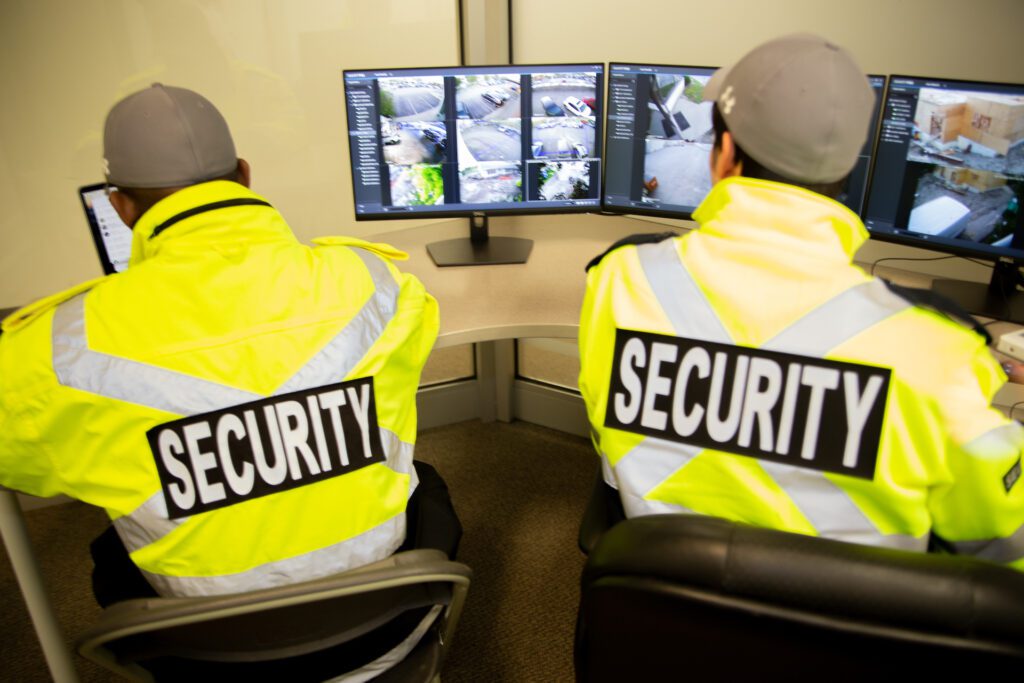
Worried about AI? In today’s rapidly evolving technological landscape, it is inevitable that the realm of security will undergo quite a transformation. Emerging technologies like Artificial Intelligence are revolutionizing how we protect our assets, whether it is our physical spaces, data, or personal safety. In this insight, we will explore some of the key technologies and trends that are shaping the future of security.
What is Artificial Intelligence (AI)?
AI, or Artificial Intelligence, refers to the development of computer systems that can perform tasks that typically require human intelligence. It involves creating algorithms and models that enable machines to learn, reason, and make decisions autonomously, leading to capabilities such as speech recognition, image processing, and problem-solving.
Artificial intelligence is paving the way for advanced security systems capable of intelligent decision-making. AI-powered video surveillance systems can analyze video feeds in real-time, automatically detect anomalies or suspicious activities, and trigger alerts to security personnel.
Machine learning algorithms can also be trained to identify patterns of cyberattacks and proactively defend against emerging threats. Moreover, AI-driven authentication methods, such as facial recognition or voice recognition, offer enhanced security for access control systems, reducing reliance on traditional methods like passwords.
Speaking of Identity Verification…
Facial recognition, fingerprint scans, and iris recognition can uniquely identify individuals, making them valuable tools for access control and identity verification. These measurements of physical characteristics are called biometrics.
Biometrics offer heightened security compared to traditional methods, as they are difficult to replicate or forge. These technologies are finding their way into airports, banks, and even smartphones, offering convenient and secure authentication experiences.
However, privacy concerns surrounding biometric data collection and storage must be carefully addressed to ensure these technologies’ ethical and responsible use.
How About Blockchain and Secure Transactions?
Blockchain technology, initially developed for cryptocurrencies like Bitcoin, has been controversial regarding whether society should universally adopt its systems.
Blockchain is a decentralized digital system, meaning no single entity controls or oversees transactions. It enables secure and tamper-proof storage of data by using cryptographic techniques, meaning they “ciphertext” information into ineligible code that makes it hard for someone to access. Each transaction, or “block,” is linked to the previous one, creating a chain of blocks.
This technology has far-reaching implications for security beyond financial transactions. Since blockchains are decentralized and unchanging, they have become an ideal platform for securing document storage and digital identities. Blockchains have the potential to enhance supply chain security, prevent data tampering, and enable secure peer-to-peer transactions.
With blockchain, trust can be established without intermediaries, and records can be transparently verified by multiple parties. As blockchain continues to mature, industries such as healthcare, logistics, and intellectual property management are exploring its potential to revolutionize security and trust mechanisms.
Artificial Intelligence Can Help Security Companies Protect Assets
The future of security is an exciting frontier where emerging technologies and trends are reshaping the landscape. From artificial intelligence to biometrics, these innovations offer immense potential to enhance security across physical and digital domains.
However, as these technologies advance, it is vital to address concerns such as privacy, ethics, and the responsible deployment of these solutions. By embracing these emerging technologies and staying ahead of evolving threats, we can create a safer and more secure future.
For more insights on the future of security, keep tabs on our insights page and read up on how technology will change the outlook of the security industry.






































